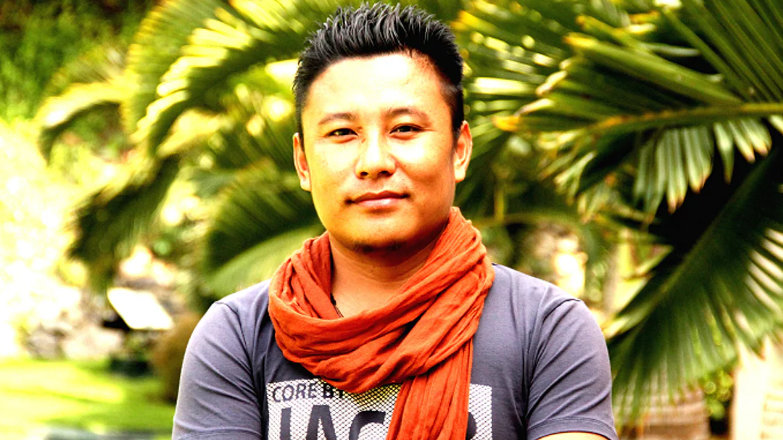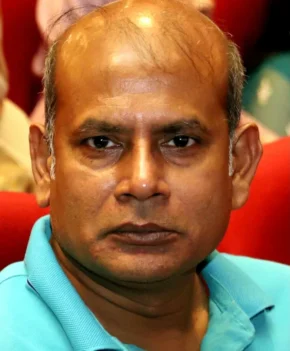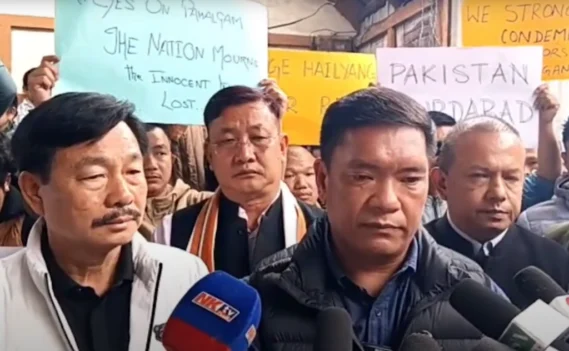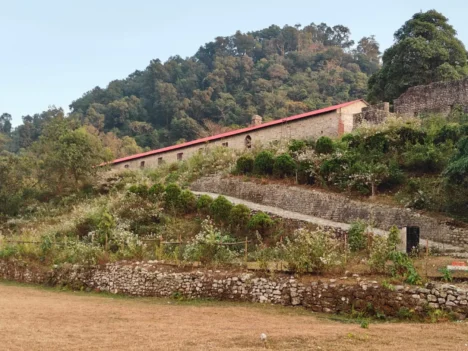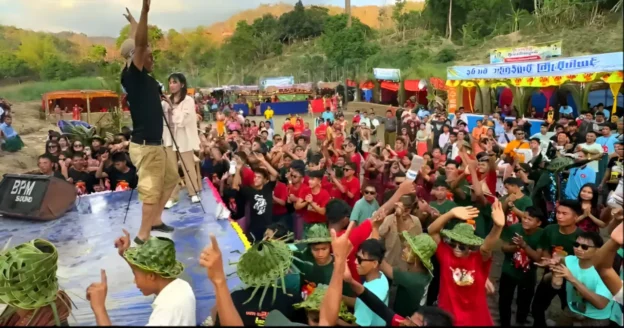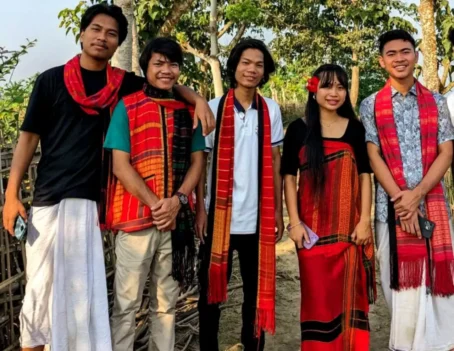The Borderlens In Conversation with Jenpu Rongmei, Director of Can Youth, Dimapur
If there’s any good example of action speaking louder than words, then Can Youth from Dimapur leads the way. The organisation was borne out of a desire in 2010 to help school dropouts and young people who were deprived of a proper childhood. This desire was burning in Jenpu Rongmei, a youth from Dimapur town, who, in order to overcome his traumatic childhood, having to deal with the demise of his brother who fell victim to drug abuse, an alcoholic father, and financial crisis, took on this novel task and ventured out under the banner of the Youngs Club with a few like-minded friends. The name changed to Can Youth, which made the young believe that they can face the challenges of life and also become achievers. Thus, following long and enduring efforts to empower youths through various forms of skill development training, education opportunities, health awareness, and different types of capacity-building activities, including leadership, His latest mission has been to travel across the hills of Nagaland and engage with youths from the borderlands to create alternative spaces for them to be able to hone their skills and live their dreams. Jenpu Rongmei walked us through his fascinating journey when The Borderlens met him in Dimapur recently.
How would you describe the situation in the bordering districts of Nagaland, especially when it comes to youths?
From an economic, social, and political standpoint, bordering districts can be seen as some of the most neglected parts of the state in terms of infrastructure. If we take a deep look at the younger and upcoming generations, they don’t seem to be very positive. There could be different reasons as to why the situation remains like this, including negligence, lack of education, poor economic conditions of the area or due to the social and cultural structure of the society. Border areas tend to have higher rates of both illiteracy and school dropouts than their counterparts. Young individuals getting married at a young age is also quite prevalent. Youth vulnerability to illegal drugs and antisocial groups is another major problem in the borderlands. On the other hand, the neighbouring regions have a great deal of potential for training and other measures that will help young people get active chances in the livelihood and tourism industries.
You are beginning an initiative on education and leadership for youths in Noklak. What is its purpose and what difference will it make to the youths and the surrounding area?
Looking at the present situation, the community must strive for quality education, as it plays a major role in contributing to growth in several aspects. Leadership among young people must be encouraged as well, as leadership is not about demanding rights but utilising the said rights in a proper and empowered way. Can Youth has chosen Noklak after taking a close look at the geography and demography of the area and interacting with the youth of Noklak. We want to see the changes and impact happen in backward areas too, not only in cities and big towns. Young people need a space to explore their ideas and dreams where there is no judgement.
You have previously conducted such activities in Mon. What has been your experience?
The Mon program was not about education and leadership but was based on the livelihood program for dropout girls. The experience was quite interesting. They are interested and keen to venture into the livelihood sector, but the problem is a lack of infrastructure and finances.
Do you think such initiatives help to build a greater sense of state and nation-building among youths?
Yes, of course, it will lead or begin the process of incorporating a sense of state and nation-building among the youth. At the very least, we ought to get the process started, and it is up to both the individual and society as a whole to have an effect that can be seen.
What are the key components of such educational endeavours? Did you mention active social citizenship, perhaps?
Some of the key components of education are: enhancing quality education through community participation; ensuring all children below 16 years of age must go to school; smart teaching in class, such as life skills, technology, and more physical activities; and bringing and connecting other eco-support systems from outside Nagaland. Some of the key components of leadership are democratic values; facilitating skills; practices of one’s own values and principles; communication and public speaking skills; conflict management skills; storytelling skills, etc.
Will such activities help build better connections between people staying in various parts of the bordering districts?
Yes. In simple words, I would like to mention that education is the most important tool to understand the value of life, and great leaders always bring people and prosperity together, irrespective of caste, tribe, colour, or religion.
Why do you think it is important for people, especially in the hinterlands, to understand the importance of Sustainable Development Goals (SDGs)?
The Sustainable Development Goals (SDGs) are the world’s collective plan to address many challenges such as inequalities, poverty, gender biases, world hunger, and so on. It is critical for people in remote locations to appreciate the significance of SDGs because they are shared global goals, and most SDGs can only be accomplished when individuals from varied interior areas perceive progress. SDGs can play an active role for individuals living in rural regions, particularly in terms of climate change, agriculture, clean water, and sanitation.
Do you have inspiring stories of any individual or group that has played a leading role in empowering communities in other bordering districts of Nagaland, especially after your intervention?
We have started our intervention in neighbouring locations, and we eagerly anticipate hearing more success tales as we move forward. Two interns from the eastern districts are currently working with us, and after they finish, they intend to launch a youth-led social action NGO focused on peacebuilding and leadership.

